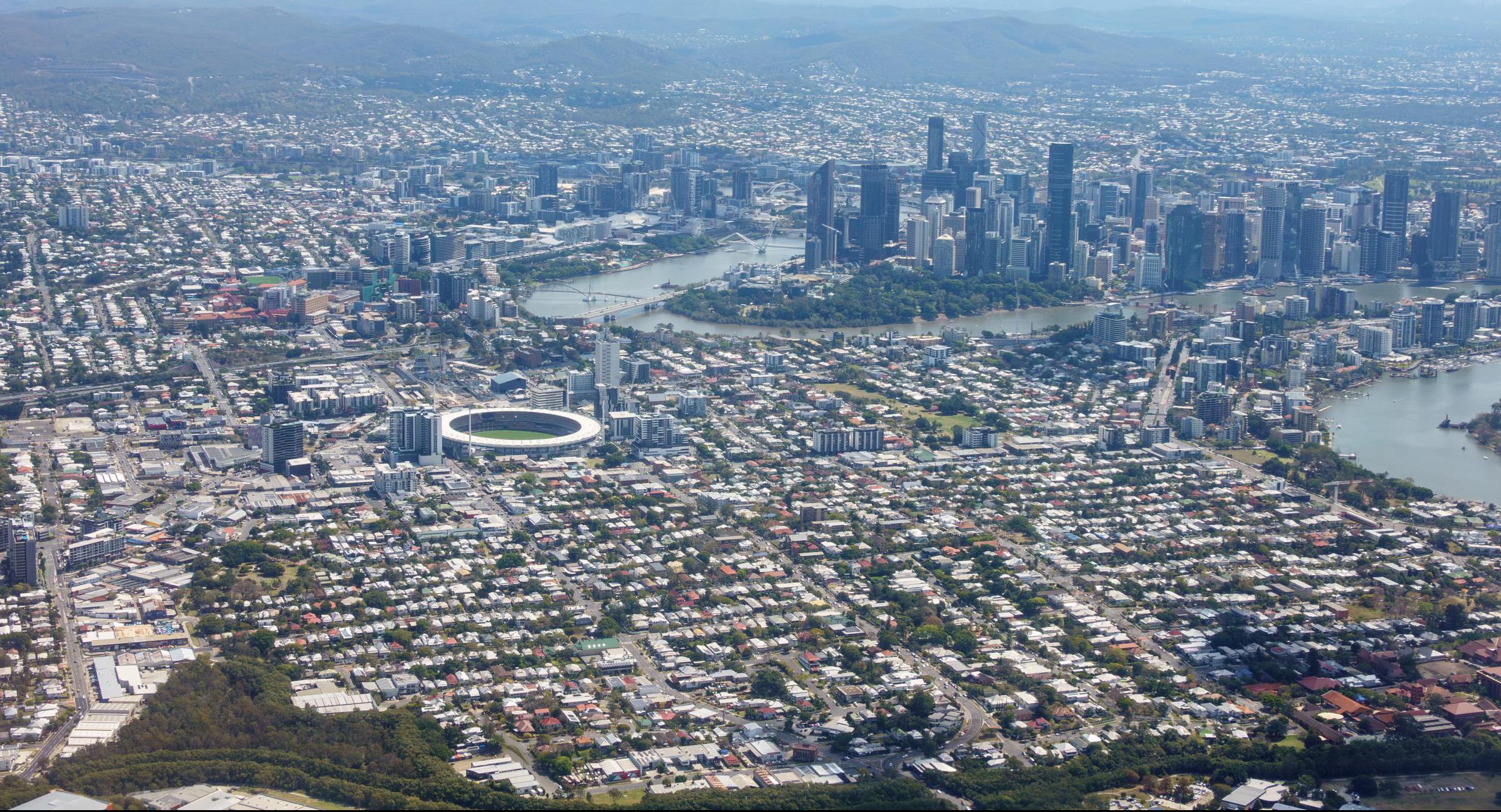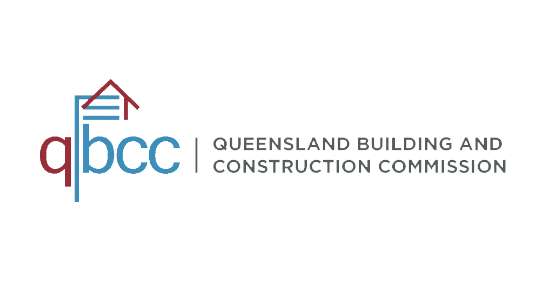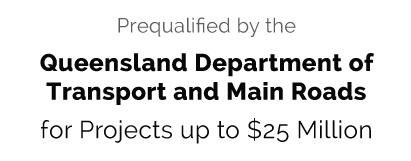On 23 July 2032 the eyes of the world will turn to Brisbane as it plays host to the 2032 Olympic Games. While that may seem like plenty of time to sort the venues, amenities, infrastructure and accommodation, questions have already been raised about how preparations are coming along. So what exactly has been done, what’s in the pipeline, and is it enough to avoid a flop on the world stage?

The Cost of the Olympics
An estimated $3.6 billion was earmarked to bring the Sydney Olympics to life when it was announced in 1993. Once the closing ceremony had wrapped up the total price tag had risen to around $6.91 billion – an overrun of 90%.
While the ongoing fiscal and social merits of the 2000 Olympics can be debated, its huge budget blowout cannot. In fact, every Games since the 1960s has been over-budget by an average of 213%.
Brisbane organisers are determined to avoid this “tradition”, but so far show little signs of doing so. The forecasted cost for the 2032 Games has already ballooned millions above the initial estimates of $7 billion for infrastructure and $4.5 billion for administration.

What Infrastructure is Being Upgraded?
The quickly-escalating cost of the Games has very much shaped the approach the Queensland State Government is taking towards the development and upgrade of facilities.
In response to the Sport Venue Review for the Brisbane 2032 Olympic and Paralympic Games – a report that sought to determine the most efficient way to prepare for the Olympics – Queensland Premier Steven Miles announced that his Government would largely be splitting the budget between upgrades to Suncorp Stadium, The Gabba, QSAC, and Brisbane Arena (a new sports precinct planned for the Roma Street Parkland).
Though marginally cheaper than other options, this strategy comes in spite of the report’s recommendation that The Gabba be demolished altogether and replaced by a 50,000 seat stadium at Victoria Park.
The choice to utilise QSAC was also contentious. The 1982 Commonwealth Games venue needs $1.6 billion in improvements to accommodate even 40,000 people (a capacity that would still leave it with the dubious title of smallest Olympic stadium in recent history).
These decisions have sparked strong criticism in the media, but others faced a far warmer reception. Among them are upgrades to the ageing Brisbane Aquatic Centre, construction of new Indoor Sport Centres at Moreton Bay, Logan, and the Sunshine Coast, and development of Athlete’s Villages on the Gold Coast, Northshore Hamilton, and the Sunshine Coast.
Of course there are many other priorities outside the category of ‘sport’ that must be addressed before the stands are packed and the flame is lit at Suncorp Stadium.
Vast improvements to existing transport infrastructure are necessary to make way for the athletes, media, and other visitors that will descend upon South East Queensland. This means completing projects such as the Cross River Rail – which has already seen significant budget overruns and delays – the Coomera Connector, and the new underground train station at Woolloongabba.
Further South, there’s been a proposed upgrade to the rail system dubbed “The Logan and Gold Coast Faster Rail” project. While dreams of a shinkansen-style high speed rail seem destined to remain just that, this new “faster” update aims to double the number of Gold Coast and Beenleigh train services over the next 20 years by laying 20km of new tracks, improving pedestrian accessibility, and upgrading a handful of intersections and level crossings.
What Do The Brisbane Olympics Mean for the Civil Construction Industry?
With road, rail, infrastructure, and residential developments all on the cards, the Brisbane Olympics is likely to deliver significant boosts to the local construction industry.
In 2021 it was predicted that the Games will provide $8.1 billion in direct benefits to the Queensland economy and create 91,600 jobs. Whether this is enough to offset the rapidly spiralling costs remains to be seen, but one thing is for certain: local civil contractors will play a vital role in keeping expenses down and timeframes achievable.
The opening night of the Olympics cannot be moved, after all, so it’s crucial that organisers engage with civil construction professionals that have demonstrated efficient time management practices.
With decades of experience and a proven track record in South-East Queensland, OM Civil understands the challenges and opportunities of property and infrastructure development in Brisbane, Logan, and the Gold Coast. We’ve helped shape the region through a vast array of comprehensive civil engineering and construction services, delivering cost effective outcomes for countless projects. As the Brisbane Olympics draws near, we’re excited to see what the future holds for the Sunshine State and its growing civil industry.
If you’re interested in civil construction services for residential, road, rail, or public infrastructure projects, don’t hesitate to reach out to the friendly team at OM Civil. You can also peruse our Capability Statement via the form below for more information.


 BUS270
BUS270  license no. 15194376
license no. 15194376 
